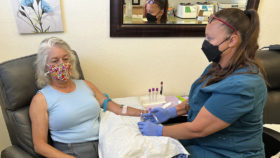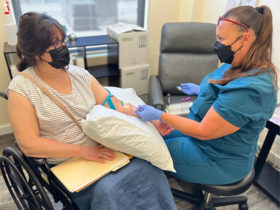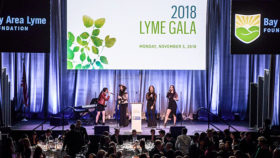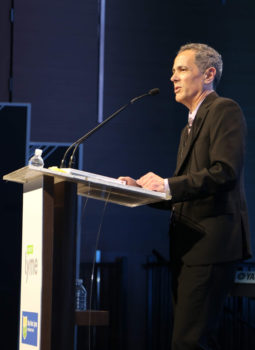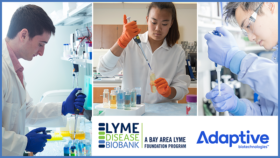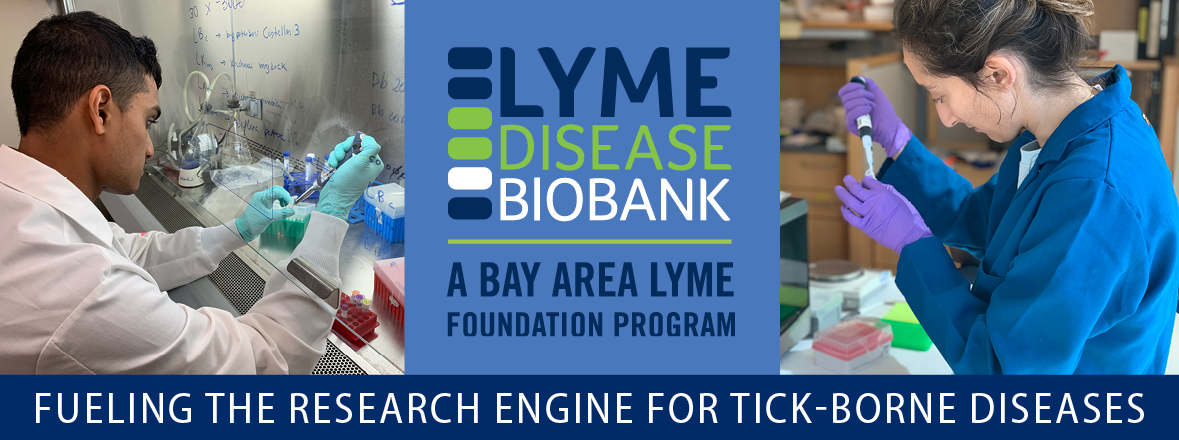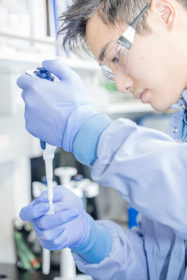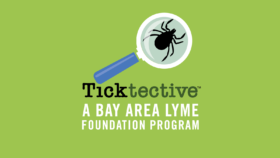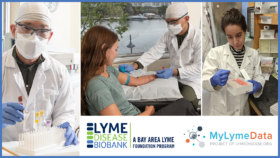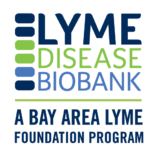BAL Spotlights Series
In June of this year, Lyme Disease Biobank (LDB), led by Principal Investigator Liz Horn, PhD, MBI, conducted sample collection days at our partner site, Gordon Medical Associates, in San Rafael, CA. During the two-day event, we took the opportunity to sit down and talk with participants, hear their Lyme disease stories, and learn what motivated them to donate blood and urine samples to LDB.
Sarah Reid’s Lyme story is not dissimilar to the stories of many Lyme patients in California. She never saw a tick; she never had a rash; and for a very long time—despite countless doctors’ appointments, interventions, tests, and hours of research—she had absolutely no diagnosis for her bewildering kaleidoscope of symptoms. When she finally received confirmation from lab tests ordered by Gordon Medical Associates that she indeed had Lyme and Bartonella, the news was a massive relief initially. She finally had answers. However, as the diagnosis sunk in, it sparked reflection on her lifelong health struggles and launched her into a new world of confusion, frustration, and decision-making as she learned to navigate and manage her Lyme.
